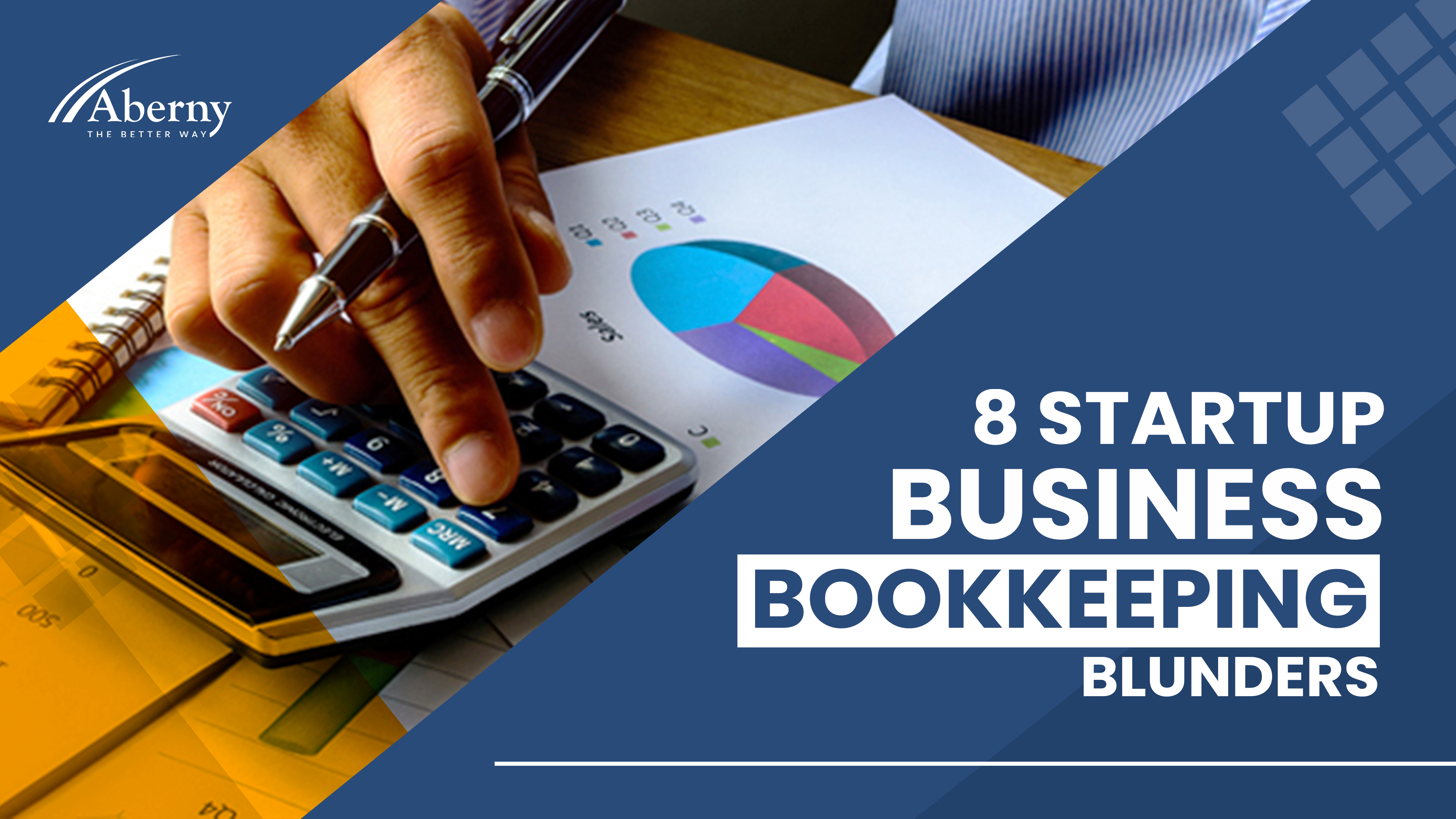



Unfortunately, no business can escape the dreadful task of bookkeeping. Obviously, it is not the glamorous part of the job so not everyone can do it. Yes! You read that right. You need a business bookkeeper for regular and meticulous bookkeeping. Be it invoicing, tax returns, paying bills, performance monitoring, or business advice – you need professional bookkeepers to streamline your business processes.
Without proper bookkeeping, you won't know whether your business is successful or not, and of course, you want to know this before making more efforts. It is not about the profit and loss only, to make the right move you must know the financial position of your business.
Usually, entrepreneurs starting a business make mistakes in accounting and bookkeeping. In the initial stages, it is pretty challenging to manage every aspect of the company – because you are most likely operating a new business on a shoestring budget.
Although business owners know the importance of bookkeeping, many continue to ignore it and fail to manage their businesses. Let's dig in a little deep and explore the most common bookkeeping blunders that startups make.
By the way, you can easily find the resource by searching for a small business bookkeeper near me…

Indeed, business owners devote more time to marketing, sales, and customer relationship management rather than the finances. Entrepreneur sometimes ignore the fact that without proper bookkeeping, the business might face significant losses. It is a process of analyzing and recording the financial transactions that keeps the business safe from unnecessary financial loss.
Here business bookkeeper comes in handy, they can help you avoid numerous business blunders. Some of them are mentioned below:
Keep in mind, you cannot ignore tracking your reimbursable expenses. By doing so, you will not only lose money, but your company can lose tax deductions, essentially it is the same thing. Even though there are numerous expense tracking applications, you still need bookkeepers to make the process consistent and easy - The longer you go without tracking, the more likely it is that your expenses will go unnoticed.
Improper receipt and record-keeping are common small business bookkeeping errors. Keeping accurate records of your financial transactions and saving your receipts helps you prepare for tax filing and potential IRS audits. However, professional bookkeepers save all the receipts in electronic format so that you can easily retrieve them when needed.
It is their responsibility to accurately record all financial transactions while organizing the receipts. Keeping accurate records can help you avoid overpayments and penalties in the future.
Some entrepreneurs are so focused on growing their business that they fail to analyze the financial statements. It's critical to stay informed about the financial situation of the company so that business owners can make the best decisions. With the help of a business bookkeeper, you can bridge the gap while asking them to explain the financial statement.
This is perhaps the most common mistake that companies make. There are numerous advantages to keeping clean books for your new business. The most significant advantage is the wealth of information about your own business. Bookkeepers, spot inefficiencies and gaps beforehand, so that your business doesn’t suffer much.
It is another very common startup bookkeeping mistake - making several accounting sheets and charts. The primary goal of accounting ledgers is to provide a convenient reference for Financial Management. With the help of these ledgers, the bookkeepers can track the previous day's transactions while forecasting the revenue.
To consolidate accounting charts, a bookkeeper uses a single Microsoft Excel spreadsheet. These should be kept up consistently. The inability to enter or update data on a daily basis will cause several issues for the business. To solve this problem, all you need to do is search for a small business bookkeeper near me and you will find plenty of them.
If you don’t have a different account for your personal and business finances, this can be a problem. Having a single bank account can make it difficult to differentiate between your business and personal spending. Bear in mind, the IRS might ask for complete record of your business-related spending if your firm is audited.
Business bookkeeper keep separate bank accounts office and personal use. At the end of each month, they reconcile your bank statements and accounts. Ultimately, this assists you in correctly recognizing the source of your funds while helping you avoid potential auditing issues.
One of the costliest small business bookkeeping mistakes is failing to account for and report sales tax. Do you know that failure in collecting and reporting sales taxes can result in penalties??? Another mistake that usually business owners make is entering data incorrectly – obviously they don’t do it purposely, but they may end up with the wrong total sales amount that leads to the wrong amount of sales taxes due. Hence, you should closely work with your bookkeeper to ensure that your business is in compliance by paying the correct amount of sales tax on time.
Bear in mind, you cannot claim personal expenses from your company’s account. Regardless of the business structure, the company has to complete an annual tax return requirement. Moreover, if you’re spending on personal expenses through your business account, the entries would be subjected to tax penalties. Using a company account for personal finances is considered as disguised compensation and is subject to potential interest and payroll taxes. This may result in decreased investment and, as a result, a lack of growth.
The business bookkeeper keeps an eye on your expenses while tracking your personal and business account.
Every entrepreneur, whether a sole owner of a startup or big enterprise has requirements for payroll tax – ultimately they need a bookkeeper. Aside from the ease of managing day-to-day finances, a good bookkeeper keeps your company on track while providing visibility into your cash flow. While it is possible to learn the fundamentals of bookkeeping, as a business owner, it is better to spent time in growing your company.
Above all, you cannot manage the accounting department single-handedly. You need experts by your side – hence, the easiest way to overcome small business challenges is to hire professional bookkeepers. You can opt for outsourced bookkeeping services if you don't want to hire in house employee
If you have no idea of hiring a business bookkeeper, just get in touch with Aberny that professionals working there will manage your books proactively.